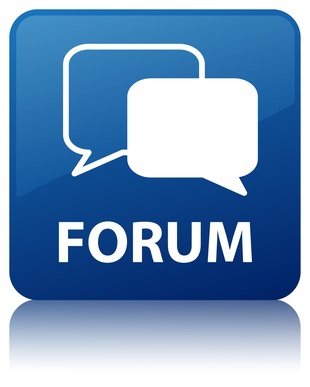
CSI Webinars
Welcome to the Peer Leaders Network (PLN) Collaborate Site
Collaborative Solutions in partnership with the U.S. Department of Housing and Urban Development and BSCorbett Consulting, hosts PLN—a training event designed to enhance and strengthen the leadership skills of nonprofit service providers and affordable housing providers working in rural areas of the U.S. to improve and increase permanent supportive housing for vulnerable individuals and families.
PLN Program Overview: Description & Calendar
Collaborative Solutions, Inc. (CS) is excited to announce the launch of our next Peer Leaders Network! The Peer Leaders Network will begin with an onsite Peer Leaders Network Kickoff presented at the 2017 Housing Works: The Southern Conference on Homelessness and Affordable Housing, a 2-day conference, November 15-17, 2017 at the Perdido Beach Resort in Orange Beach, AL.
The Peer Leaders Network (PLN) is a three-phase Peer Network designed to build the capacity of senior leadership to lead their organizations and communities towards permanent supportive housing development and strengthen the system of supportive housing for those who are most vulnerable in the community. The PLN is a supportive forum for organizations and local governments to engage in shared learning, strategize overcoming local challenges, and gain confidence in advocacy efforts to change systems. Participants will have a common goal, purpose, and investment in the work. The result is rapport and trust within the group and a supportive environment conducive to learning and change. Through the PLN the participants will work with skilled trainers/facilitators and one another to enhance their leadership skills and develop their agency capacity so that they may lead their organizations and rural communities in the development of permanent supportive housing. This model of capacity development is best implemented through a three-phase approach with each phase lasting 6 months and building on the foundation set by the phase(s) before it. It is expected that PLN members will continue participation through all three phases and no members will be added to the PLN after the group has been chosen and finalized.
Collaboration
In partnership with the U.S. Department of Housing and Urban Development (HUD) and BSCorbett Consulting, LLC, CS will launch the PLN with a training event designed to enhance and strengthen the leadership skills of nonprofit service providers and affordable housing providers working in rural areas of the U.S. to improve and increase permanent supportive housing for vulnerable individuals and families.
Collaborative Solutions (CS)
CS, a national expert in rural housing policy and practice, has worked with service providers, municipalities, and state agencies throughout the U.S. to increase permanent supportive housing for vulnerable populations, including those living with HIV/AIDS, serious mental illness, substance abuse and disability, and those experiencing homelessness. Vulnerable populations often face housing instability due to many factors, including lack of access to health systems and poor health outcomes. It is CS’s belief that housing is a structural intervention, stabilizing the household through a safe, decent, and affordable home, which in turn allows that household to thrive with positive health outcomes, gainful employment, economic security, and overall greater wellbeing.
Through the Rural Supportive Housing Initiative, CS has launched and supported Peer Networks in rural communities across the country to increase permanent supportive housing for vulnerable populations that thrive in a supportive housing environment. In addition to creating more housing opportunities, we also strive to change the systems in which these people live so that barriers are removed and vulnerable populations thrive just like their fellow citizens. CS believes that housing is healthcare and a right for all.
Phase I Description and Timeline (6 months)
The PLN is geared toward CEOs, Executive Directors, and senior leadership staff that can lead their organizations in the development of permanent supportive housing. Phase I focuses on improving leadership capacity around PSH development and begins with the two-day Phase I Kickoff Training in which the PLN members strengthen their leadership skills through a curriculum designed specifically to meet the needs of nonprofit leaders providing housing services in rural communities. PLN members will then continue work with a leadership coach and CS staff to develop a Leadership Action Plan and address specific leadership and PSH issues, knowledge, skills and techniques.
The kickoff training will be held November 15-17, 2017 in Orange Beach, AL.
After the onsite meeting, the PLN will meet virtually one time per month to discuss a specific leadership topic. These sessions are facilitated by the leadership coach/non-profit mentor and CS. PLN members also have a monthly one-on-one call with the leadership coach to work on the items identified on their Leadership Action Plan. Phase I ends with a 1.5-day onsite meeting that includes both leadership training and a planning component for Phase II focused on preparing an organization for housing provision.
Phase I Goals
- Create a Peer Leaders Network for provision of social and professional support and development
- Increase leadership knowledge, skills, and techniques, and develop a Leadership Action Plan through individual coaching sessions and group learning forums
- Build individual and organizational capacity to lead organizations and communities to the goal of ending homelessness and increase permanent supportive housing efforts to vulnerable individuals and families
Phase II Description and Timeline (6 months)
Phase II focuses on building the capacity of the organizations to take on housing provision. PLN members will work with the CS Team Lead and their leadership coach to address issues that are specific to preparing an organization for housing provision (or increasing an organization’s capacity for additional housing provision). Participants are asked to complete a comprehensive organizational assessment. This tool will be used to assess where each agency has strengths and deficits. After this assessment is complete, PLN members and CS team members will participate in individual calls during which PLN members will receive feedback and begin to develop a Capacity Development Plan.
After the onsite meeting, organizational assessment and Capacity Development Plan completion, the PLN will meet remotely one time per month to discuss a specific organizational capacity or housing provision topic. These sessions are facilitated by CS and the leadership coach. They will also participate in monthly one-on-one leadership calls with the Leadership Coach. Phase II ends with a 1.5 day onsite meeting that includes organizational capacity building, leadership training, and a planning component for Phase III.
Phase II Goals
- Continue leadership skill development through the Leadership Action Plan and individual leadership coaching
- Conduct individual agency organizational assessment
- Develop organizational capacity through the Capacity Development Plan
Phase III: Description and Timeline (6 months)
Phase III is the Rural Supportive Housing Institute. The Institute helps PLN members learn how to navigate the complex process of developing housing with support services and is expected to reduce the time it takes to obtain funding for affordable housing by improving the planning process. The Institute provides targeted training and technical assistance to development teams. Teams receive over 80 hours of training including individualized technical assistance and resources to assist in completing their project. In addition, experts from across the region provide insight on property management, financing, and building design. There will be five total trainings: two online and three onsite.
Institute Benefits
Upon completion, teams participating in the Rural Supportive Housing Institute will have:
- A detailed, individualized supportive housing development and management plan that can be used to access funding for the project;
- Improved skills to operate existing supportive housing and develop new projects serving people who live in rural areas and experience multiple housing barriers;
- A strong, effective development team that leverages the strengths of each team member;
- A powerful network of peers and experts to assist in project development and to troubleshoot problems; and
- Increased capacity and a competitive edge to provide supportive housing.
Institute Deliverables
During the course of the Institute, development teams will work closely to develop individual supportive housing project plans. Among the expected outcomes are:
- Memorandum of Understanding among members of the supportive housing development team, outlining the roles and responsibilities of each partner;
- Community support plan;
- Detailed program and project concepts;
- Conditions of tenancy and plan for supportive services for tenants;
- Tenant selection plan;
- Management plan;
- Preliminary project proposal and budgets; and
- Preliminary feasibility analysis for potential housing site, if identified.
Phase III concludes with an onsite meeting that includes the opportunity to present projects to an invited group of potential funders and partners.
Cohort 1 Phase II
Launch Date: NOV 12-13, 2015
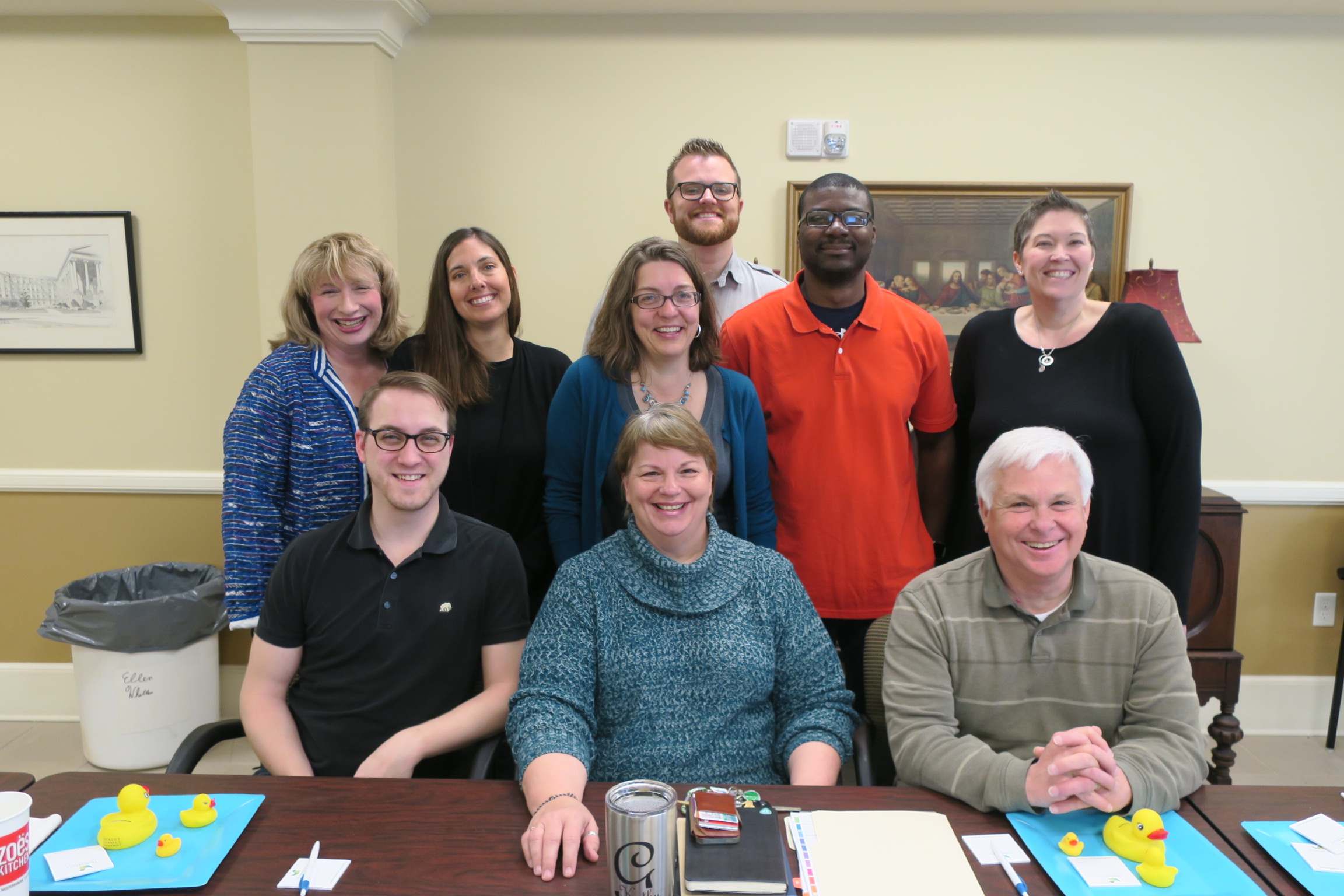
Cohort 2 Phase I
Launch Date: OCT 26-28, 2016
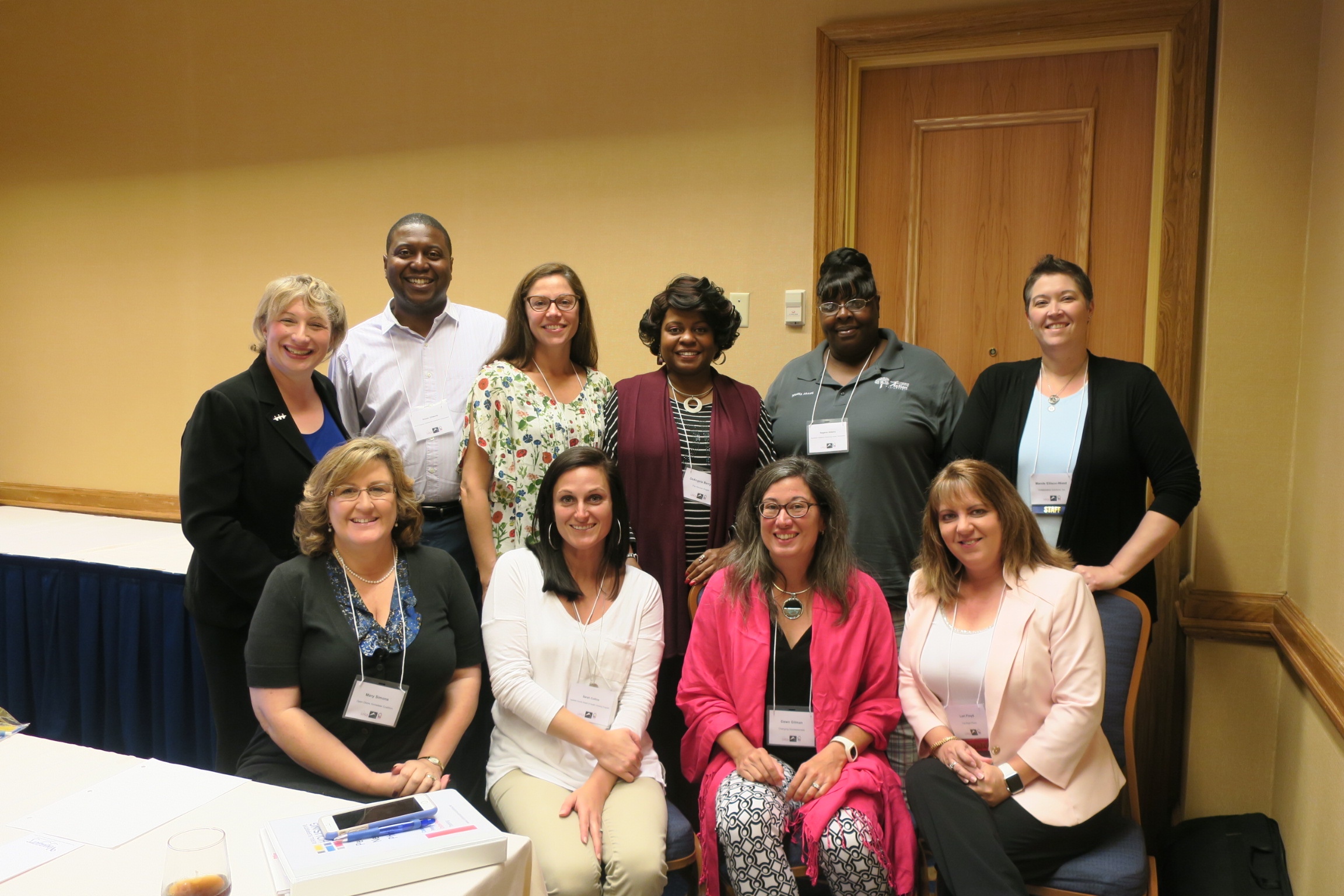
| Access Date | Quiz Result | Score | Actions |
|---|
Search by Category
Search by Product Type

Facilitators
Amanda "Mande" Ellison-Weed, BS
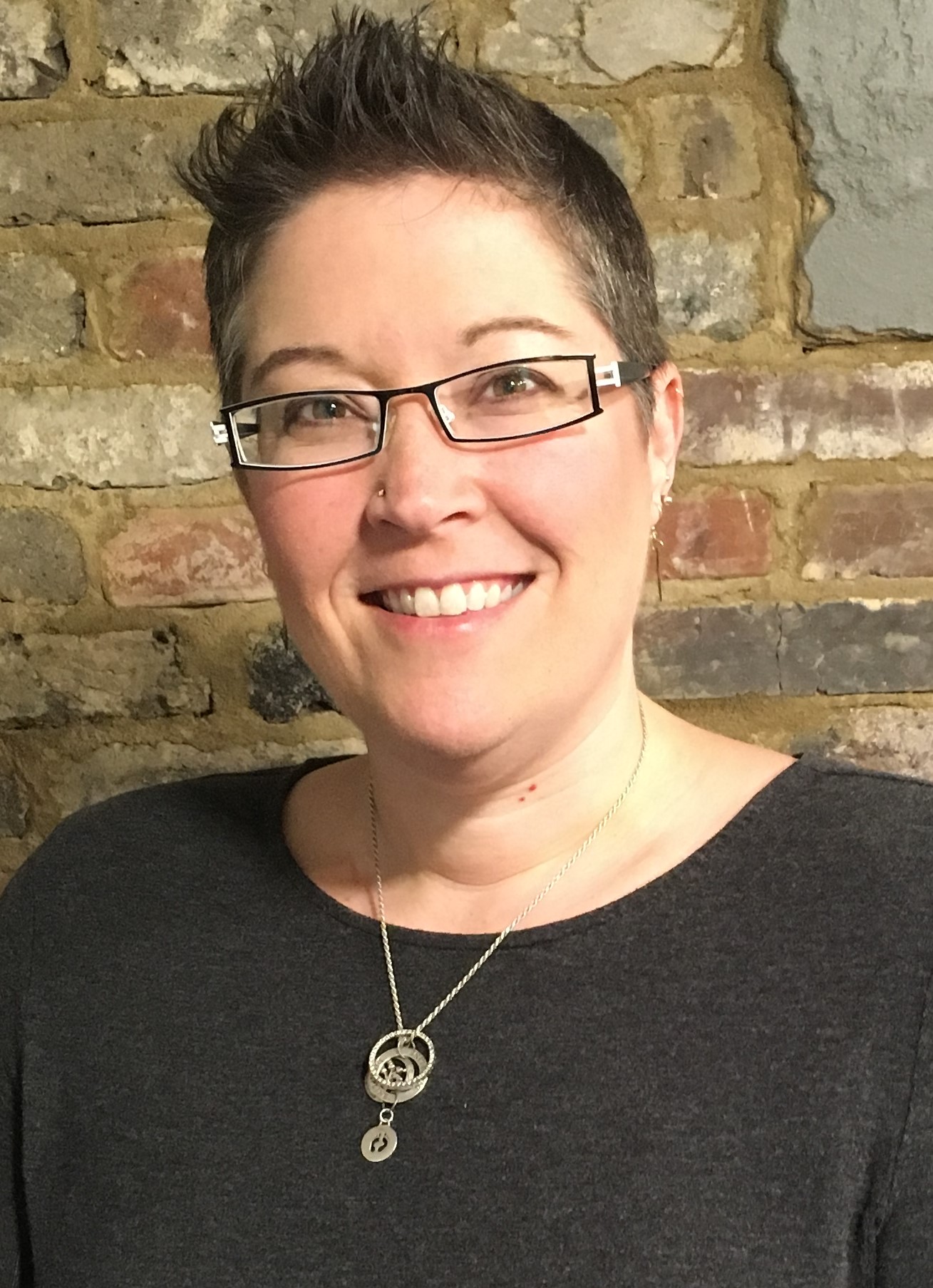
Mande Ellison-Weed is a Program Associate in the Affordable and Rural Housing program area of Collaborative Solutions, Inc. Mande has 20 years of rural focused experience in housing provision for vulnerable populations including those living with disabilities and people experiencing homelessness. During her career Mande has developed expertise in the following areas: direct client service provision; program development & supervision; permanent supportive & affordable housing development; property management; Technical Assistant provision; project management; and grant writing.
As the daughter of a minister, Mande has lived in several extremely rural areas in the Southeast and has a passion for building the capacity of rural communities to better serve vulnerable populations. She holds a Bachelor of Arts degree in Vocational Rehabilitation Services from Auburn University. Mande currently resides in Auburn, AL.
Becky S. Corbett, MSW, ACSW
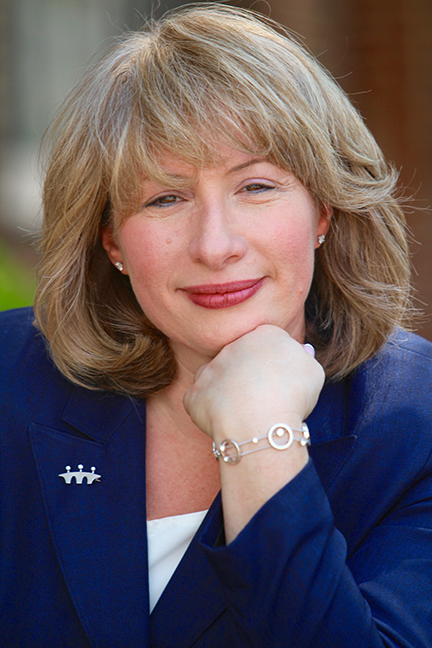
Becky S. Corbett, MSW, ACSW, is a nationally recognized speaker, trainer, coach, and consultant in intentional growth, leadership and career development, Producktivity®, and The Bridge to Hope and Healing®. Becky has 27 plus years of non-profit executive management experience with mission-driven organizations, membership & trade associations, and colleges & universities. She is a dynamic and energetic keynote speaker who creates connections through audience participation.
Becky received a MSW degree with a concentration in planning and management and a BS degree in human development and family studies from The University of Alabama (UA). She is President and CEO of BSCorbett Consulting, a John Maxwell Team Certified Coach, Speaker, and Teacher, and serves as a career services consultant for the UA School of Social Work. Becky is fiercely dedicated to inspiring people to lead and helping individuals and organizations move ideas to action.
For more information about BSCorbett Consulting click on the logo below.
Contact Us
For more information about the PLN please email Mande Ellison-Weed:
